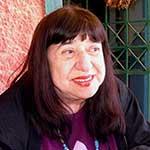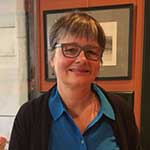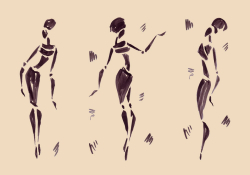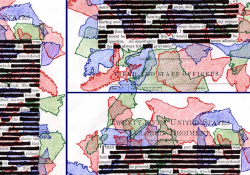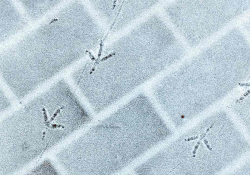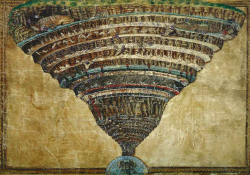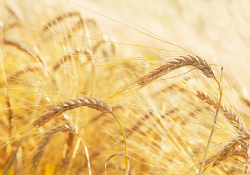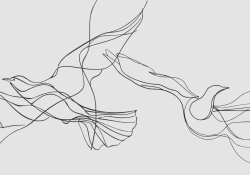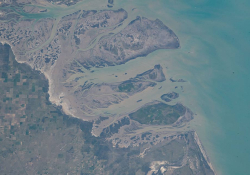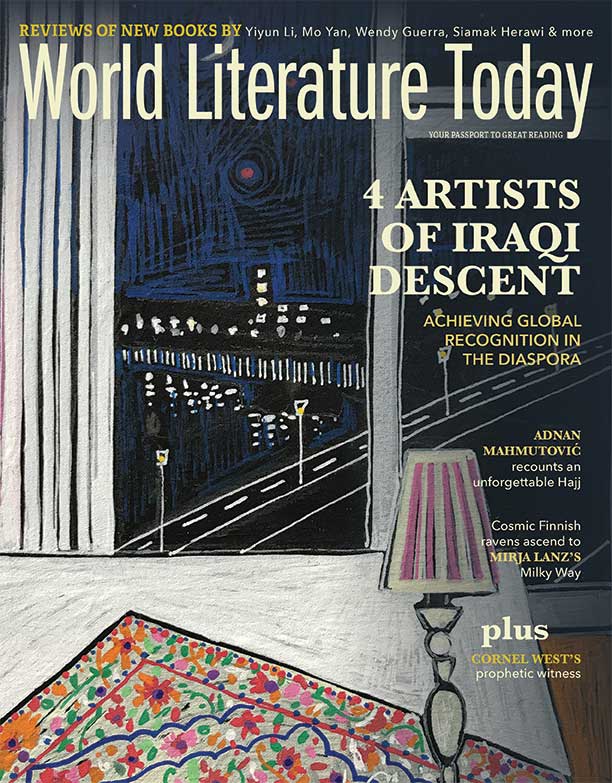All Alone

If you mix rainwater with tears
laughter with sun
tornado and the wind with rising indignation.
If you cry for the children, barefoot
open-handed, whose approaching faces
glow with late afternoon
you will find yourself all alone.
If you turn to the people around you
you will see yourself reflected in their indifferent eyes,
desperate, completely alone.
And, again, if you choose the high road,
implore them to believe in themselves,
you will only give them another excuse for bitterness
because they won’t know how, it will be too much
and, again, you will find yourself all alone.
If you proclaim your love
it will return, empty, hollow, your same old voice
because you didn’t have the courage to pass by all
the boarded-up doors, worn-out footsteps,
muddied streets.
The voice you sent out trembling, full of longing
will come back to you with words you never said,
words of your loneliness.
O God, what will become of us?
How will we continue?
How will we believe? How will we deceive ourselves?
With the strange escape of things
and souls right next to us?
One road exists, one way,
one victory only:
to believe, become, continue
on our own.
Republished in Poiimata, 1963–1977 (Kastaniotis, 1997)
Translation from the Greek
Translator’s Note
by Karen Van Dyck
When Katerina Anghelaki-Rooke (1939–2020) was one year old, the celebrated writer and critic Nikos Kazantzakis stood as godfather at her baptism. When she was seventeen, he published her poem “All Alone” in an Athenian magazine with a note saying that it was the most beautiful poem he had ever read. By her early twenties she was already an established poet. During the dictatorship (1967–74), she and a group of younger poets spearheaded a new kind of poetry that grappled with the confusion and censorship of the times. Meeting regularly with the translator Kimon Friar, they produced an anthology of six young poets, one of the first books to break the self-imposed silence initiated by the Nobel laureate poet George Seferis in response to the colonels’ press laws. Linking the women poets of the previous postwar generation (Eleni Vakalo, Kiki Dimoula) to those of the generation of the 1970s (Rhea Galanaki, Maria Laina, Jenny Mastoraki), Anghelaki-Rooke stands out for the lyrical accessibility of her work. Hers is a poetry of flesh, indiscretion, and the divine all rolled into one. For Anghelaki-Rooke, the body is a passageway anchoring the abstract metaphysics of myth in the rituals of everyday life. It is through the body that everything makes sense. As she once said in an interview: “I do not distinguish the soul from the body and from all the mystery of existence. . . . Everything I transform into poetry must first come through the body. My question is always, How will the body react? To the weather, to aging, to sickness, to a storm, to love? The highest ideas, the loftiest concepts, depend on the morning cough . . .”
Editorial note: Anghelaki-Rooke’s poem “I Burned to the Ground” appeared on the WLT blog in summer 2023. She was a nominee for the 2008 Neustadt International Prize for Literature.
